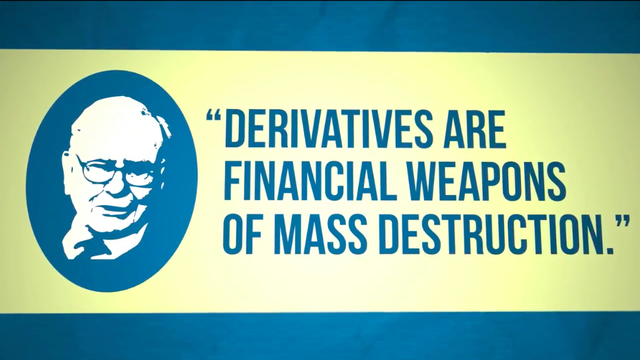article
"We have to be very attentive and united at a state level to fight
against what is a threat to democratic authority and sovereignty,"
-
French government spokesman Francois Baroin speaking out against
wikileaks releasing US diplomatic cables.
"Governments of the
Industrial World, you weary giants of flesh and steel, I come from
Cyberspace, the new home of Mind. On behalf of the future, I ask you of
the past to leave us alone. You are not welcome among us. You have no
sovereignty where we gather."
- A Declaration of the Independence of
Cyberspace, John Perry Barlow
Read

